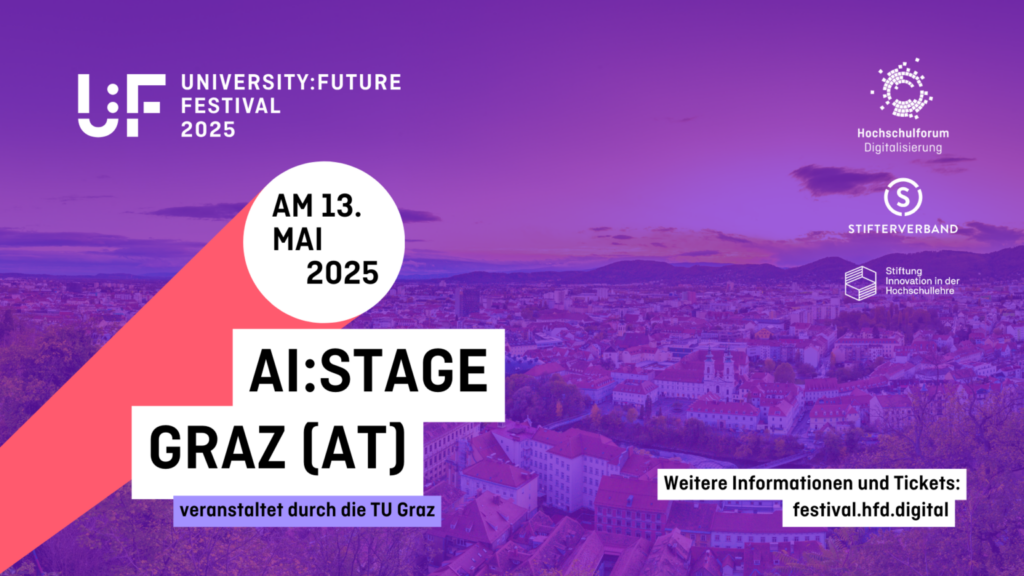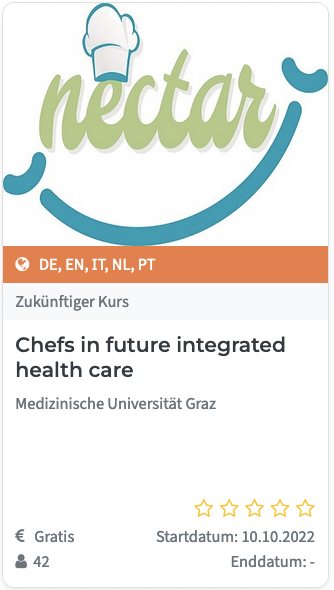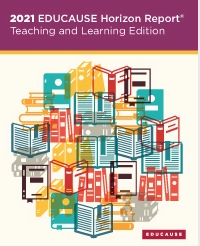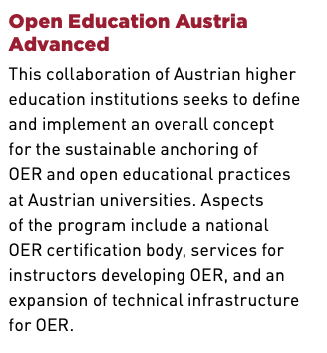Our publication at this year’s ED-Media conference was the result of the annual evaluation „WhatsApp’s Reign and Email’s Consistency: A Longitudinal Study of Communication Preferences of Study Beginners at TU Graz (2011-2023)„
Abstract:
Within the last 12 years, more than 11.800 students participated in annual surveys during the university’s “Welcome Days” amongst study beginners at Graz University of Technology (TU Graz) in Austria. This paper presents an analysis of the digital communication tool from 2011 to 2023. The 2023 iteration provided insights into the prevailing trends, including the dominance of WhatsApp for both general and learning use, the notable reliance on email, and the increasing role of privacy-focused applications such as Signal and Telegram. We also observed a sustained interest in multipurpose devices over single-function gadgets, an upsurge in smartwatch usage, and a diversification in social media and leisure platforms, reflecting a shift towards more engaging and interactive digital experiences. This paper contributes to the discourse on educational technology by highlighting the intersection of student preferences, technological advancement, and institutional support, setting a precedent for future-proofing learning support in higher education.
[article @ publisher’s homepage]
[article @ ResearchGate]
Reference: Nagler, W., Mair, B., Ebner, M., Edelsbrunner, S. & Schön, S. (2024). WhatsApp’s Reign and Email’s Consistency: A Longitudinal Study of Communication Preferences of Study Beginners at TU Graz (2011-2023). In T. Bastiaens (Ed.), Proceedings of EdMedia + Innovate Learning (pp. 73-82). Brussels, Belgium: Association for the Advancement of Computing in Education (AACE). Retrieved July 22, 2024 from https://www.learntechlib.org/primary/p/224506/.
 Und schon sind wir in der sechsten und damit letzten Woche beim MOOC „Lehren und Lernen mit Medien II“. Unglaublich, wie schnell die Zeit immer vergeht 🙂 .
Und schon sind wir in der sechsten und damit letzten Woche beim MOOC „Lehren und Lernen mit Medien II“. Unglaublich, wie schnell die Zeit immer vergeht 🙂 .






